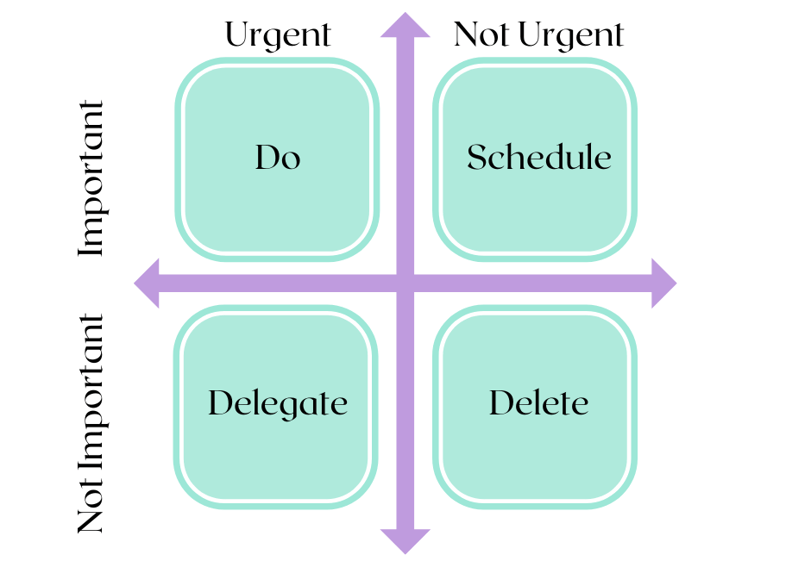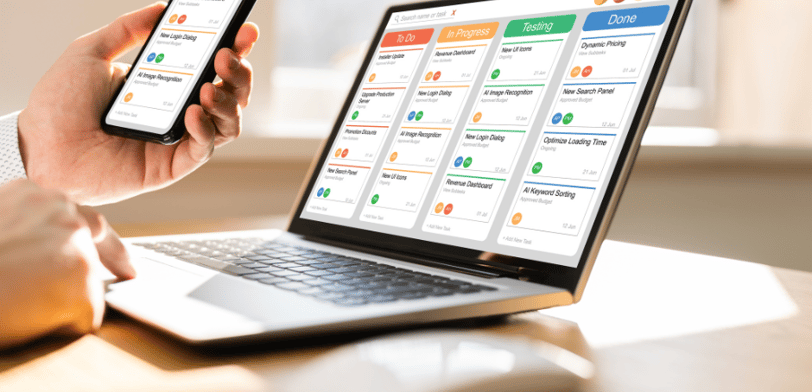Time Management
How can we equip EFL students with essential time management skills?
Do you find your students struggling to manage their time effectively? Are they often overwhelmed by deadlines and tasks? Teaching time management skills is crucial for EFL students, as it not only enhances their academic performance but also equips them with essential life skills. Here are some practical strategies to help your EFL students master time management, along with ideas for integrating vocabulary speaking, listening, and writing activities into your lessons.


1. Setting SMART Goals:
Start by teaching students how to set Specific, Measurable, Achievable, Relevant, and Time-bound (SMART) goals.
Encourage them to articulate their goals in English, fostering vocabulary development. For instance, have students write down their academic goals for the semester and discuss them in pairs or small groups.
This activity enhances both speaking and writing skills while reinforcing time-related vocabulary.
2. Prioritization Techniques:
Introduce techniques like the Eisenhower Matrix, where tasks are categorized based on urgency and importance.
Engage students in a listening activity where they listen to descriptions of various tasks and categorize them using the matrix.
Then, they can discuss their decisions in pairs or groups, practicing vocabulary related to time management and decision-making.
3. Time Blocking:
Teach students the concept of time blocking, where they allocate specific time slots for different activities.
Provide them with a sample weekly schedule and have them fill in the blanks with their own activities, using time-related vocabulary.
This activity promotes both writing and speaking skills as students discuss their schedules with peers.
4. Breaking Tasks into Manageable Chunks:
Guide students through breaking down larger tasks into smaller, more manageable chunks.
In pairs or small groups, have students brainstorm steps to complete a given task within a specified timeframe.
This collaborative activity enhances speaking and listening skills while reinforcing vocabulary related to sequencing and time management.
5. Reflective Practice:
Encourage students to reflect on their time management habits regularly.
Provide prompts for reflective writing exercises where students analyze how they’ve utilized their time and set goals for improvement.
Peer feedback sessions can further enhance speaking and listening skills as students discuss their reflections with classmates.










By incorporating these strategies into your lessons, you can effectively teach time management skills to your EFL students while simultaneously enhancing their vocabulary and language proficiency.
Looking for ready-made lesson plans to implement these strategies seamlessly? This Time Management Lesson Plan, includes all the mentioned skills, designed specifically for EFL students. Empower your students to take control of their time and succeed academically and beyond!
